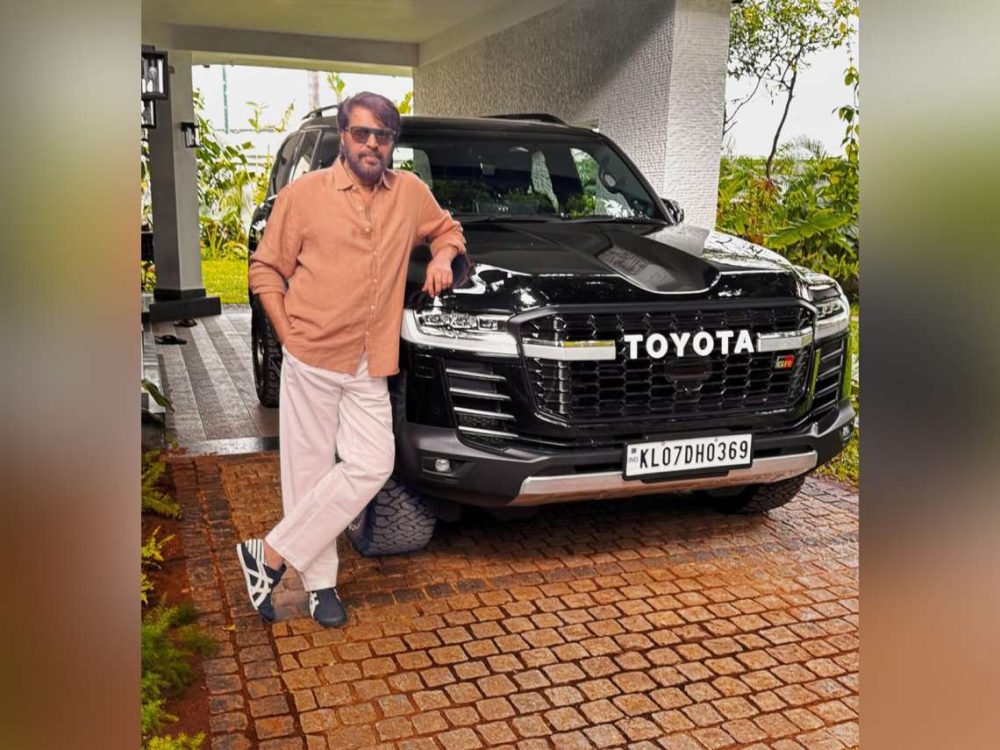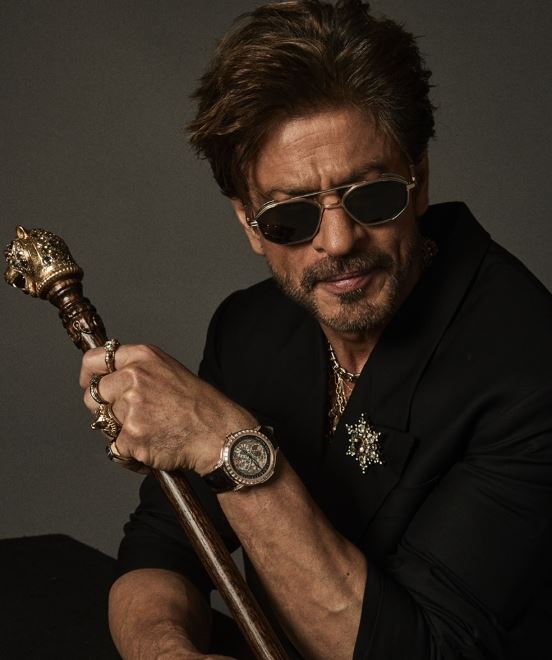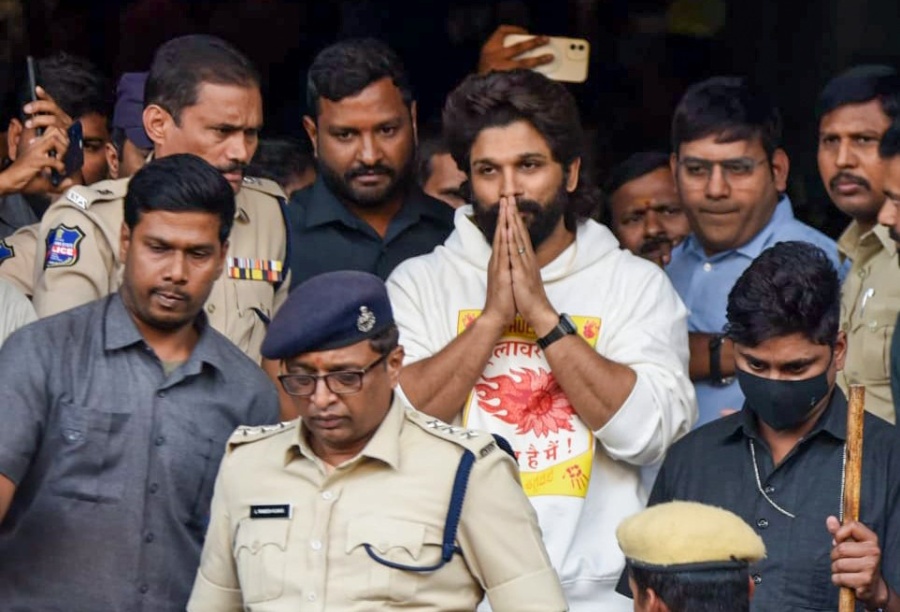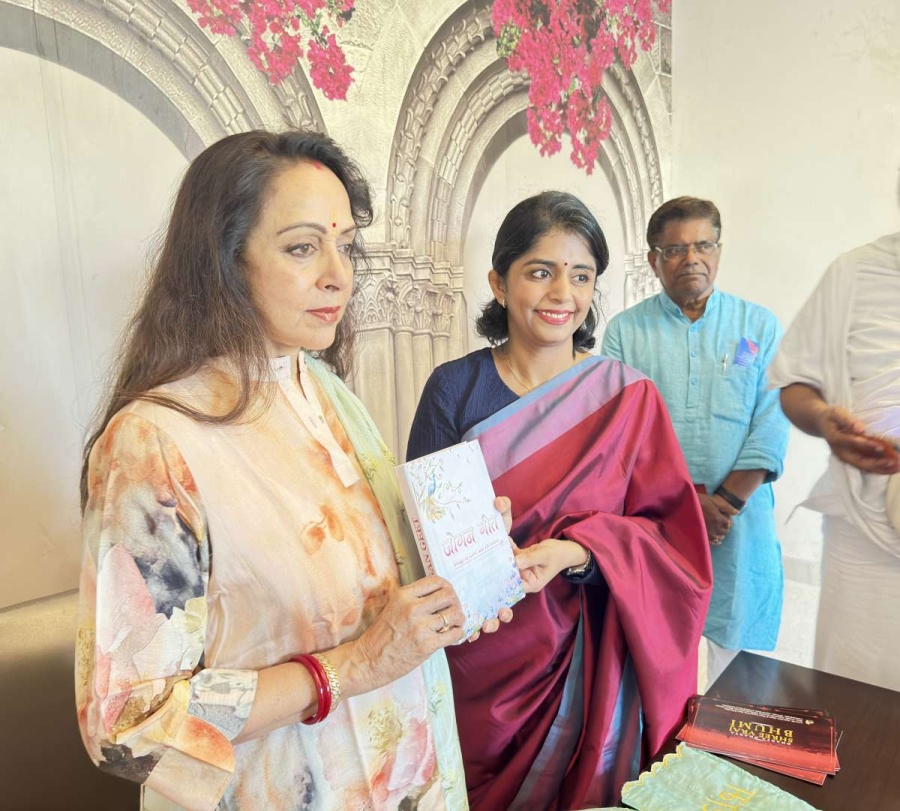One of the most recognised faces of Indian comedy, and the mind behind talk show ‘Son of Abish’, Abish Mathew says that COVID-19 forced a lot of creators to go completely digital and it will be difficult for the comedy industry to come back to the live space…Abish speaks with Siddhi Jain.
“Just like a pendulum, we went from a completely live experience to completely digital, doing web series, sketches and shows. Once again, live stand-up was appreciated more than the YouTube stand-up. After the COVID-19 hit, everyone took to the digital space. Coming back to the live arena is going to be different. What that means is, this pandemic will blend the digital and live in a hybrid space,” Abish, who has hosted Amazon Prime Video’s ‘Comicstaan’, told IANSlife.

Speaking about the impact of the ongoing pandemic on the comedy industry, he shared over the phone: “Before COVID-19, we were justifying ourselves by saying industry standards don’t apply to us because we’re artists. As soon as COVID-19 hit, we would see that immediately, everyone evolved. Nobody cribbed, nobody complained. A lot of people were forced to evolve into digital creation, and they have adapted to it really well. That’s when I realised we’re an industry.”
Luckily, Abish’s talk show had been going on for the last six years, and was easy to plug into the digital port because hundreds of viewers were anyway watching the edited version online. “The setback in the live industry was a lot, but thanks to Zoom or video conference platforms, it is recovering very slowly as well. It’s like being back in 2009.”
The show’s seventh season, which was completely home-made, features Shruti Haasan, Kalki Koechlin, Asif Ali, Flying Beast aka Gaurav Taneja, Tanmay Bhat, Kanan Gill and Rahul Subramanian as guests in some of its episodes. Boman Irani and Anubhav Singh Bassi are upcoming guests on the show. While the content proves to be an engaging crowd-puller just like before, the setting of the show has transformed from a set to a video conferencing call.

On making of the seventh season, he says: “Pandemic had set in uncertainty about ‘what we are going to do’, and it has started growing. We were discussing possibilities and, I said, wait, why don’t we do ‘Son of Abish’ ? And my friends and others were like, ‘That’s not a good idea’. I agreed. But, then they said, hold on, ‘It’s your show, you can do what you want. What’s the worst that could happen? I would not get views.’ I’d show people this was done at home, if it doesn’t work. This time around it was a bunch of people, who had this attitude which can be summarised in five words: F*** it, let’s do it.”
“Everyone was doing this entire season for the first time, so there were no expectations, thus no stress. The only deadline was Friday 8 P.M. We, as artists, what we do is we keep editing, editing, adding, adding, colour correcting. You put that effort in movies. Here, the effort was to put out the best version you can. Otherwise, you keep working, and people don’t like it, and your emotion is connected to it. ‘Son of Abish’ is my therapy.”
The hit talk-show, has previously featured stars like Irrfan Khan, Vidya Balan, Taapsee Pannu, Sonakshi Sinha, Badshah, Vicky Kaushal, Abhay Deol, Radhika Apte, Vishal Dadlani, Vir Das, Jim Sarbh, Siddhant Chaturvedi, and Kunal Kamra.
“‘Son Of Abish’ Picks is where we bring new talent and it is an explosive hit. The comments are overwhelmingly about them and a lot of artists are being recognised because of this. Bringing in international artists has expanded the reach of the show. Bringing a huge Pakistani Creator (Irfan Junejo) has sparked a lot of cross border artist collaboration,” he adds.
Abish Mathew has become one of the most sought after comedians and producers in the comedy world. “In the future, these changes will happen — Tier-based seating: You will have broadcast, people watching it on a website online or a software. You have the live experience, which means the closer you are to stage, the more expensive it gets. In the digital show, the differentiation would be like this: people who can only watch the show, people who can be on the same Zoom or Google Hangouts call but not have the right to speak, people who get chat access, people who get a private conversation at the end of the show, and then people who can do screenshots (new-age selfies) ‘backstage’ will be another tier.”

“As an artist, you’d be doing shows with people from San Francisco and from Mumbai, which is why you can’t just do jokes for the people of Bombay. You’d have to make it slightly more global and understand your audience,” Abish said.
After the pandemic, everyone is coming to the realisation that we have an audience which is very wide, he says.
“Our accountability has increased. During the pandemic, I have learnt the names of more of my fans than I have in my entire career. I knew 5-6 people, now I know 20 people who keep coming back to the show. There’s a community finally being built around ‘Son of Abish’, which is a very positive thing. Everyone wants to belong, also the audience and the artist.”
Abish also spoke about content-wise evolution for creators.

“There are two things that can happen: implosion and explosion. In implosion, when you get validation from people who follow your stuff, you only start to create for those people. If you take one million followers, and you create jokes for them, they’d become exclusive super fans. You’d become buddies with them. You make specific art that connects with them. Then there’s an explosion, where I want new people to discover my stuff. It was a numbers game. We’d have to figure whether we have to make implosive or explosive art.









